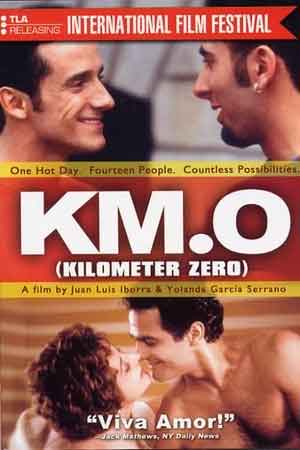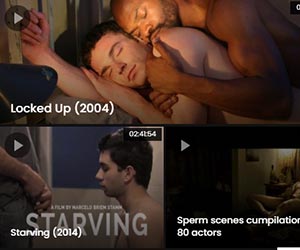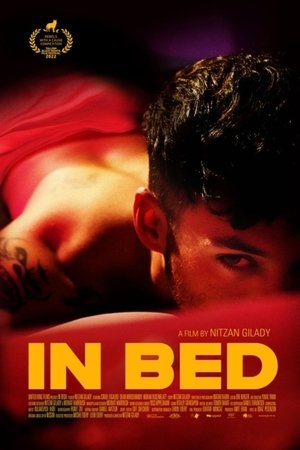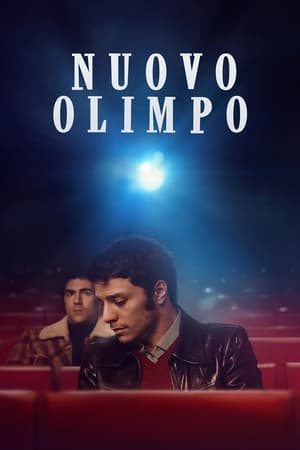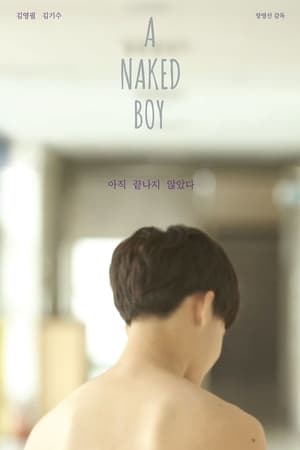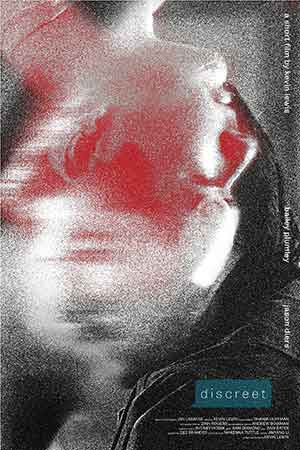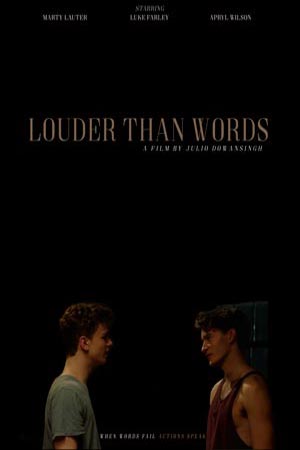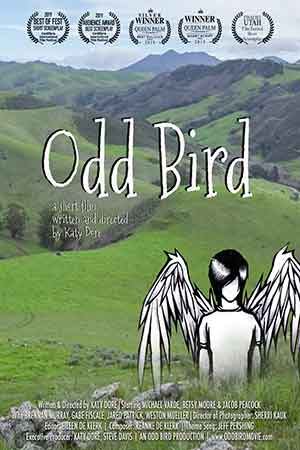The Streets Don’t Care About Love
Hooked is one of those films that hit you when you’re not ready. It starts like a small, indie gay drama and ends up being a brutal emotional trip through addiction, hustling, and the illusion of being “saved.” Directed and written by Max Emerson, it follows Jack (Conor Donnally), a young sex worker in New York, and his boyfriend Tom (Sean Ormond). They’re both barely surviving — living out of bags, chasing clients, chasing highs, and chasing each other’s approval.
Then Ken (Terrence Murphy) appears — the well-dressed, successful man who wants to “help” Jack. You already know that kind of help never comes for free. What starts as an act of kindness quickly turns into a toxic mess of control, manipulation, and blurred boundaries. By the time you realize how deep the damage goes, you’re already hooked too.
Love, Addiction, and That Thin Line Between Help and Control
There’s nothing romantic about this film, even though it talks about love all the time. It’s the kind of love you recognize from real life — obsessive, desperate, beautiful for five minutes and destructive for the next fifty. Jack is not a victim; he’s a survivor who’s learned how to weaponize charm and pain. Tom, on the other hand, is the mirror — softer, loyal, and tragically aware that loving Jack might be his own undoing.
What I love about Hooked is how unflinchingly honest it is. Emerson doesn’t clean up his characters. He lets them make mistakes, and then he lets them bleed for it. The dialogue feels real — raw, sometimes darkly funny, sometimes cruel. There are no good guys here, only people trying not to drown.
The Acting That Hurts (In the Best Way)
Conor Donnally is magnetic. He plays Jack like someone who’s been through too much but still keeps that tiny spark of hope alive. Sean Ormond as Tom breaks your heart just by existing next to him — you can feel his quiet suffering in every look. And Terrence Murphy nails that unsettling “savior complex” energy — the man who wants to fix a broken boy so he doesn’t have to fix himself.
The chemistry between Donnally and Ormond is wild. It’s tender one second and self-destructive the next, which feels painfully real. Their scenes together are what makes Hooked so effective — it’s love at its most human and most terrifying.
Why You Should (and Shouldn’t) Watch It
Hooked isn’t the kind of movie you throw on during dinner. It’s heavy, uncomfortable, and it makes you think about every kid who got kicked out of home for being queer. But it’s also necessary — because it talks about the parts of queer life that people would rather not see: survival sex, homelessness, trauma, and still somehow, love.
It’s not perfect — some scenes feel rough, and the tone jumps between dark realism and dreamy montages. But that’s kind of the point. Life on the edge is messy. So is this film. And that’s exactly why it stays with you long after the credits roll.
What Stays After the Credits
Hooked isn’t just another gay-themed drama about broken hearts and city lights. It’s a film that drags you through the dirt and still manages to show something fragile underneath all that chaos. It’s about love that doesn’t fix you but reminds you that you’re still alive — even when everything else falls apart.
There’s no Hollywood polish here, no clean redemption. Just two boys trying to find meaning in a world that’s never really given them a chance. And that’s exactly why it feels real. Because deep down, we’ve all been there — chasing someone, something, or just a reason to keep going.
If you stay until the end, it’s not because you expect a happy ending. It’s because you recognize that strange, desperate thing called love hiding behind all the mess. And that’s what Hooked leaves you with — not comfort, but honesty.


